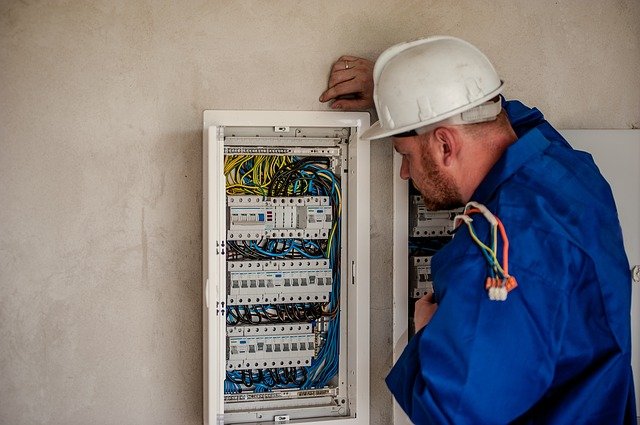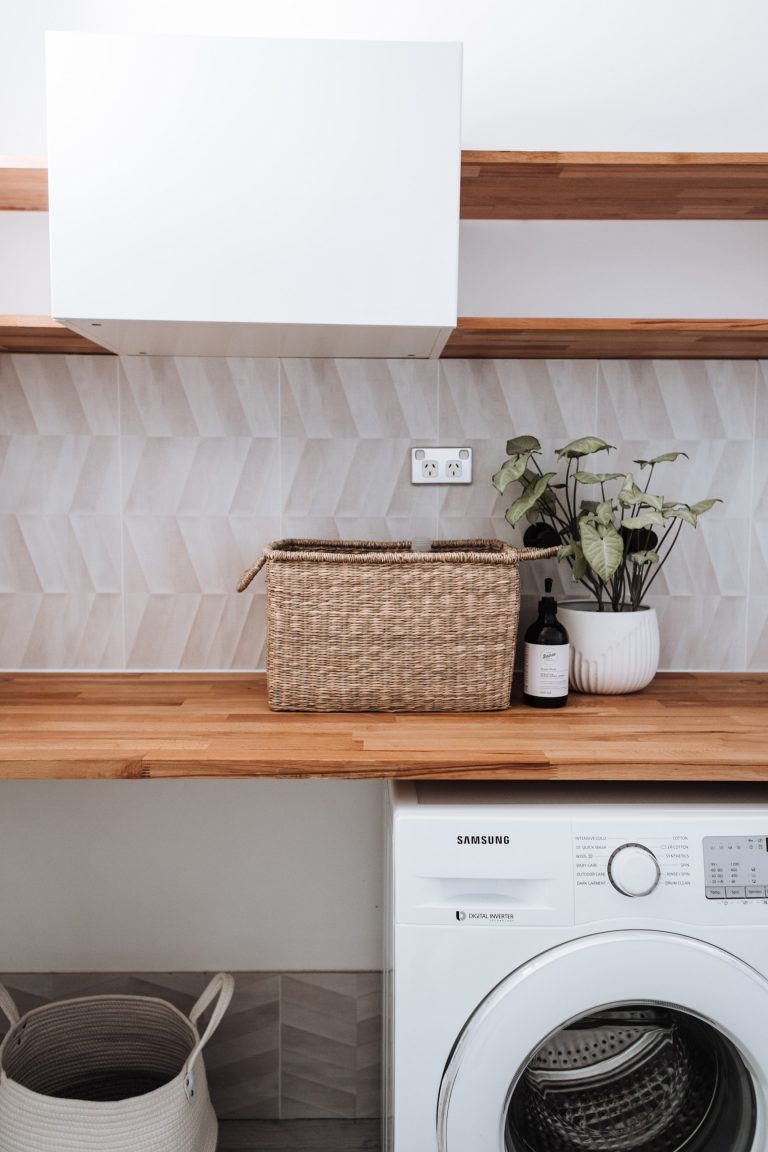A condensing boiler is a type of boiler that captures the heat from the water vapor in the flue gases and uses it to preheat the water entering the boiler. This process, called condensation, can increase the efficiency of a boiler by up to 10%.
How does a condensing boiler work?
A condensing boiler is a type of boiler that captures the heat from the water vapor in the flue gases and uses it to preheat the water entering the boiler. This process, called condensation, can increase the efficiency of a boiler by up to 10%.
Here’s how a condensing boiler works:
- Fuel is burned in the boiler, creating heat.
- The hot gases from the combustion process pass through a heat exchanger, where they heat the water in the boiler.
- The water in the boiler is heated to a high temperature and turns to steam.
- The steam is then passed through a condenser, where it is cooled and converted back into water.
- The heat from the condensation process is used to preheat the water entering the boiler.
How efficient are condensing boilers?
Condensing boilers are more efficient than non-condensing boilers. They can be up to 90% efficient, which means that they can convert up to 90% of the fuel they burn into heat. Non-condensing boilers are typically only about 70% efficient.
The efficiency of a condensing boiler is due to the fact that it captures the heat from the water vapor in the flue gases. This heat is then used to preheat the water entering the boiler. This process, called condensation, can increase the efficiency of a boiler by up to 10%.
Condensing boilers are a good choice for homeowners who want to save money on their heating bills and reduce their environmental impact. They can save you money on your heating bills by up to 30%. They can also reduce your carbon dioxide emissions by up to 20%.
If you are considering a new boiler, a condensing boiler is a good option to consider. They offer a number of benefits, including increased efficiency, reduced emissions, and a longer lifespan.
Are condensing boilers worth the investment?
Are there any drawbacks to condensing boilers?
there are some drawbacks to condensing boilers. They can be:
- More expensive than non-condensing boilers: The upfront cost of a condensing boiler is higher than a non-condensing boiler. However, the increased efficiency of condensing boilers can save you money on your heating bills over time.
- More complex to install: Condensing boilers are more complex to install than non-condensing boilers. This is because they require a condensate drain line and a flue pipe that is designed to handle condensate.
- Require regular maintenance: Condensing boilers require regular maintenance to keep them running efficiently. This maintenance includes draining the condensate line, cleaning the heat exchanger, and inspecting the boiler for leaks.
- Not suitable for all homes: Condensing boilers are not suitable for all homes. They are not suitable for homes that have very cold winters, as the condensate can freeze and block the condensate drain line. They are also not suitable for homes that have very high water demands, as the boiler may not be able to keep up with the demand.
Despite these drawbacks, condensing boilers can be a good investment for homeowners who want to save money on their heating bills and reduce their environmental impact. If you are considering a new boiler, it is important to weigh the pros and cons of condensing boilers to decide if they are right for you.
Here are some additional drawbacks of condensing boilers:
- They can be noisy: Condensing boilers can be louder than non-condensing boilers. This is because they have fans that help to circulate the air and remove the heat from the combustion process.
- They can be corrosive: The condensate that is produced by condensing boilers can be corrosive. This is because it contains acid. It is important to make sure that the condensate drain line is properly installed and maintained to prevent corrosion.
- They may not be covered by your warranty: If you have a warranty on your boiler, it is important to check to see if it covers condensing boilers. Some warranties do not cover condensing boilers, so you may be responsible for the cost of repairs or replacement if something goes wrong.
Are condensing boilers right for me?
If you are looking for a more efficient and environmentally friendly way to heat your home, a condensing boiler may be a good option for you. However, it is important to consider the cost of the boiler, the cost of installation, and the maintenance requirements before making a decision.
How to choose the right condensing boiler
When choosing a condensing boiler, there are a few things you need to consider:
- The size of your home: The size of your boiler should be sized to meet the heating needs of your home.
- The type of fuel you use: Condensing boilers can be fueled by natural gas, propane, or oil.
- The features you want: Condensing boilers come with a variety of features, such as variable speed burners, hot water storage tanks, and WiFi connectivity.
Once you have considered these factors, you can start shopping for a condensing boiler. Be sure to compare prices from different retailers and get quotes from multiple installers.
Conclusion
Condensing boilers are a more efficient and environmentally friendly way to heat your home. They can save you money on your heating bills and reduce your carbon footprint. If you are considering a new boiler, a condensing boiler is a good option to consider.
The below table shows what can be saved by replacing your inefficient heating system information supplied by Quotatis:
| Old boiler rating | Annual saving | Carbon dioxide saving per year |
| G (<70%) | £300 | 1,220kg |
| F (70-74%) | £200 | 810kg |
| E (74-78%) | £150 | 610kh |
| D (78-82%) | £105 | 420kg |



